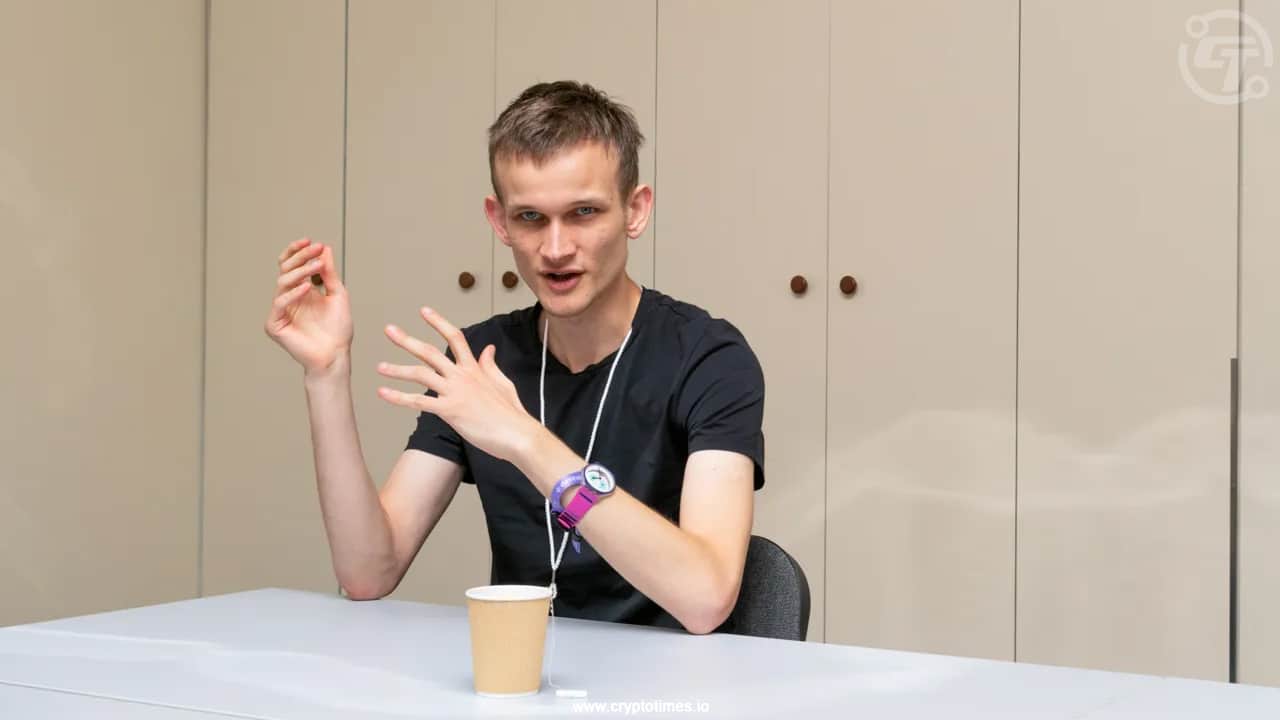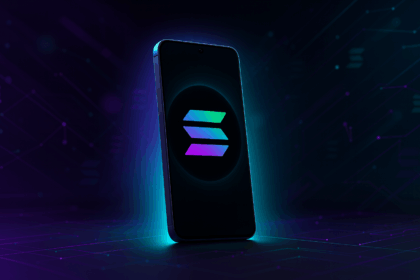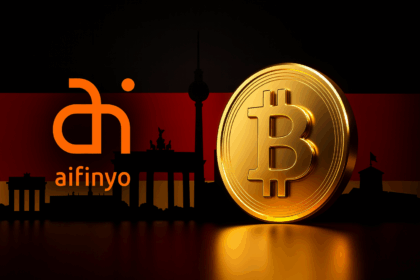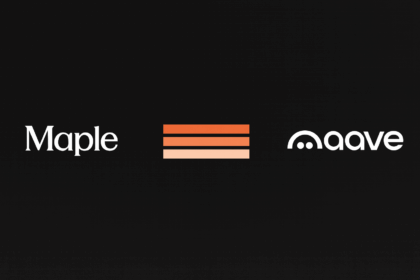Ethereum developers have proposed an exciting update, EIP-7732, which aims to overhaul the block validation process and accelerate the blockchain. This proposal introduces significant changes designed to bolster security and performance by bifurcating the process into consensus and execution stages.
In response to the ever-growing demand for efficiency, EIP-7732 aligns with Ethereum co-founder Vitalik Buterin’s advocacy for quicker transaction confirmation times. At the heart of this proposal lies the Enshrined Proposer-Builder Separation (EPBS), a groundbreaking method that splits block creation into two distinct roles: the consensus proposer and the execution proposer.
Under this new system, the consensus proposer selects the execution proposer, who then commits to generating a valid block pack or a block hash. Ensuring this block’s timely submission is a dedicated group of validators known as the Payload Timeliness Committee (PTC).
By segregating the consensus and execution layers, EIP-7732 aims to alleviate the computational burden on validators, thereby enhancing network efficiency and speed. Presently, validators juggle both roles in rapid succession, a process filled with potential inefficiencies and delays.
EPBS promises a solution by allowing validators to immediately handle consensus and defer execution validation, all without compromising performance or security.
Moreover, this proposal introduces a trust-free exchange mechanism between builders and proposers. This guarantees payment and the inclusion of valid blocks, eliminating the need for intermediary middleware. As Buterin emphasized in a recent post, “One of the important properties of a good blockchain user experience is fast transaction confirmation times.”
Thanks to the transaction fee overhaul of EIP-1559 and consistent block times post-merge, Ethereum’s transaction confirmation now ranges between five and twenty seconds. While this matches the speed of credit card transactions, certain applications demand even faster processing, far outpacing the current 12-second Gasper consensus mechanism.
With EIP-7732 under discussion, the promise of swifter transaction speeds seems within reach. However, this advancement may come with the necessity of another hard fork, introducing backward-incompatible changes.
Also Read: Vitalik Buterin Highlights Ethereum DApp Innovations











